Creating a haven for a shy cat can be a delightful journey that transforms both your life and theirs. Imagine a world where your timid feline friend feels secure enough to explore their surroundings, gradually revealing their unique personality. Cats, like humans, crave a sense of safety and warmth. This article will guide you through the steps to nurture a shy cat, fostering an environment where they can thrive.
Understanding the Nature of Shyness in Cats
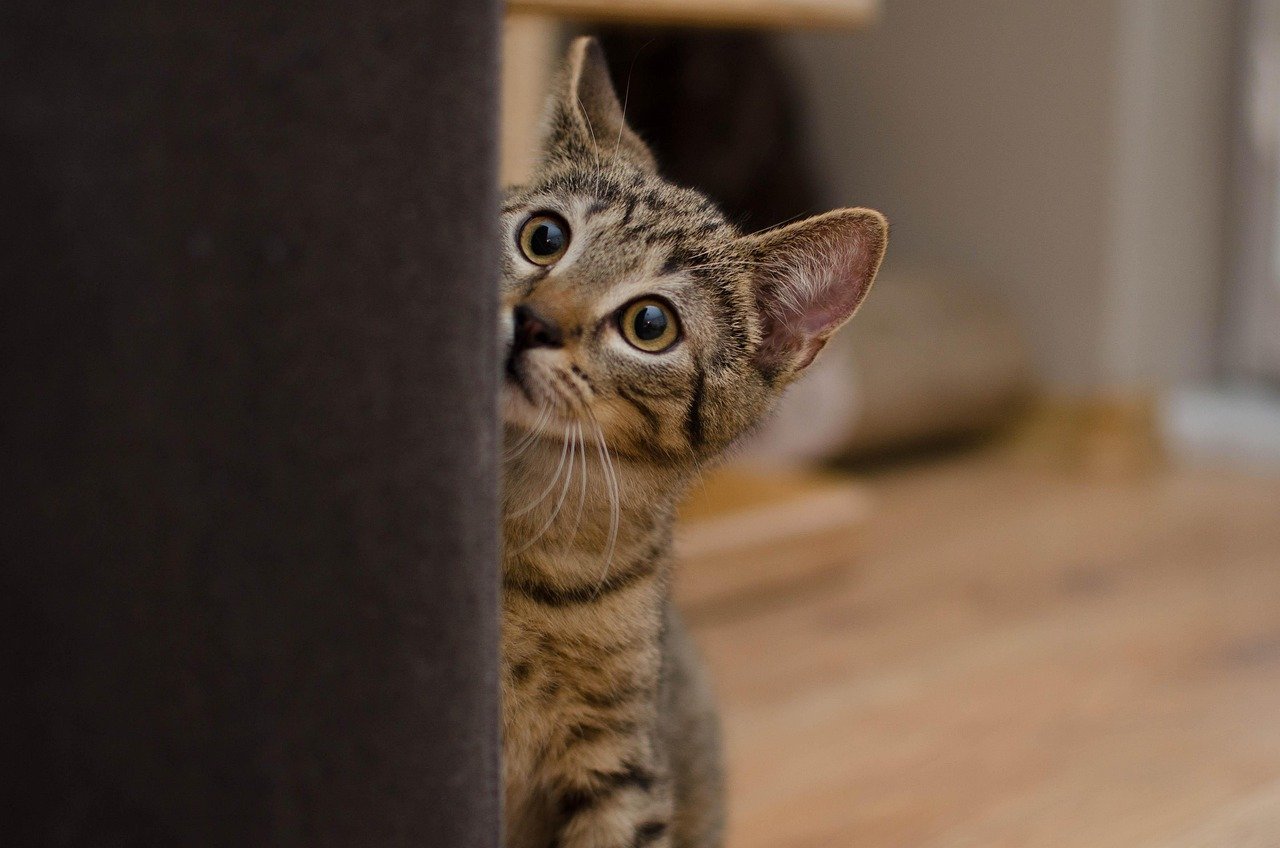
Shyness in cats can be likened to a delicate flower waiting to bloom. It’s important to recognize that this behavior might stem from past trauma, lack of socialization, or simply a cautious disposition. Observing your cat’s body language is key; a tucked tail or flattened ears can signal discomfort. By understanding these signs, you can begin to create a space where they feel understood and respected. Remember, patience is your best ally in this journey.
Creating a Safe Haven at Home
Your home should be a sanctuary for your shy cat, a place where they can retreat from the world. Consider setting up a quiet room with cozy hiding spots, like a soft blanket draped over a chair or a cardboard box in a corner. This space serves as their personal refuge, allowing them to relax and recharge. Gradually, as they feel more secure, they’ll venture out to explore other areas of your home.
Building Trust Through Routine
Cats are creatures of habit, and establishing a routine can be immensely comforting for a shy feline. Consistent feeding times, play sessions, and quiet moments together can build trust and familiarity. Much like a dance, this routine creates a rhythm that your cat can anticipate, helping to alleviate anxiety. Over time, they’ll associate you with safety and stability, fostering a deeper bond.
The Power of Gentle Interaction
Approaching a shy cat requires a gentle touch, both physically and emotionally. Speak softly and move slowly, allowing them to initiate contact when they’re ready. Imagine you’re meeting a shy friend for coffee; you wouldn’t bombard them with questions but rather let the conversation flow naturally. This patience and understanding will encourage your cat to let down their guard.
Using Positive Reinforcement
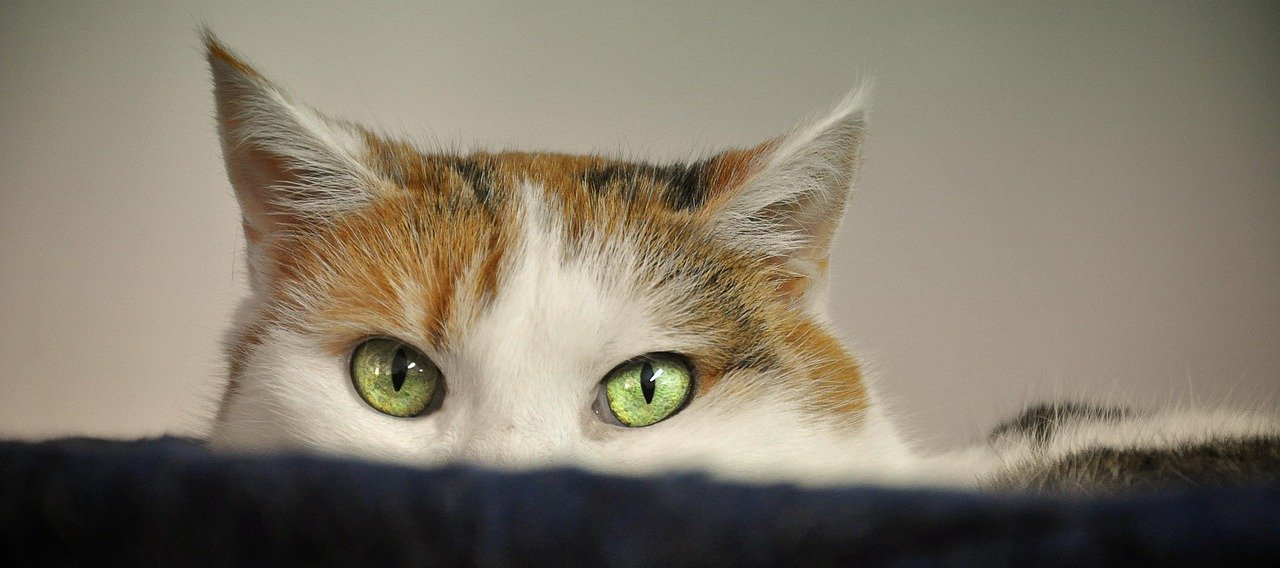
Positive reinforcement is a powerful tool in building trust with your shy cat. Rewarding them with treats, gentle strokes, or soothing words when they exhibit brave behavior can reinforce their confidence. Think of it as applauding a child’s first steps; each small victory deserves recognition. Over time, your cat will associate these positive experiences with their environment, boosting their comfort level.
Providing Mental Stimulation
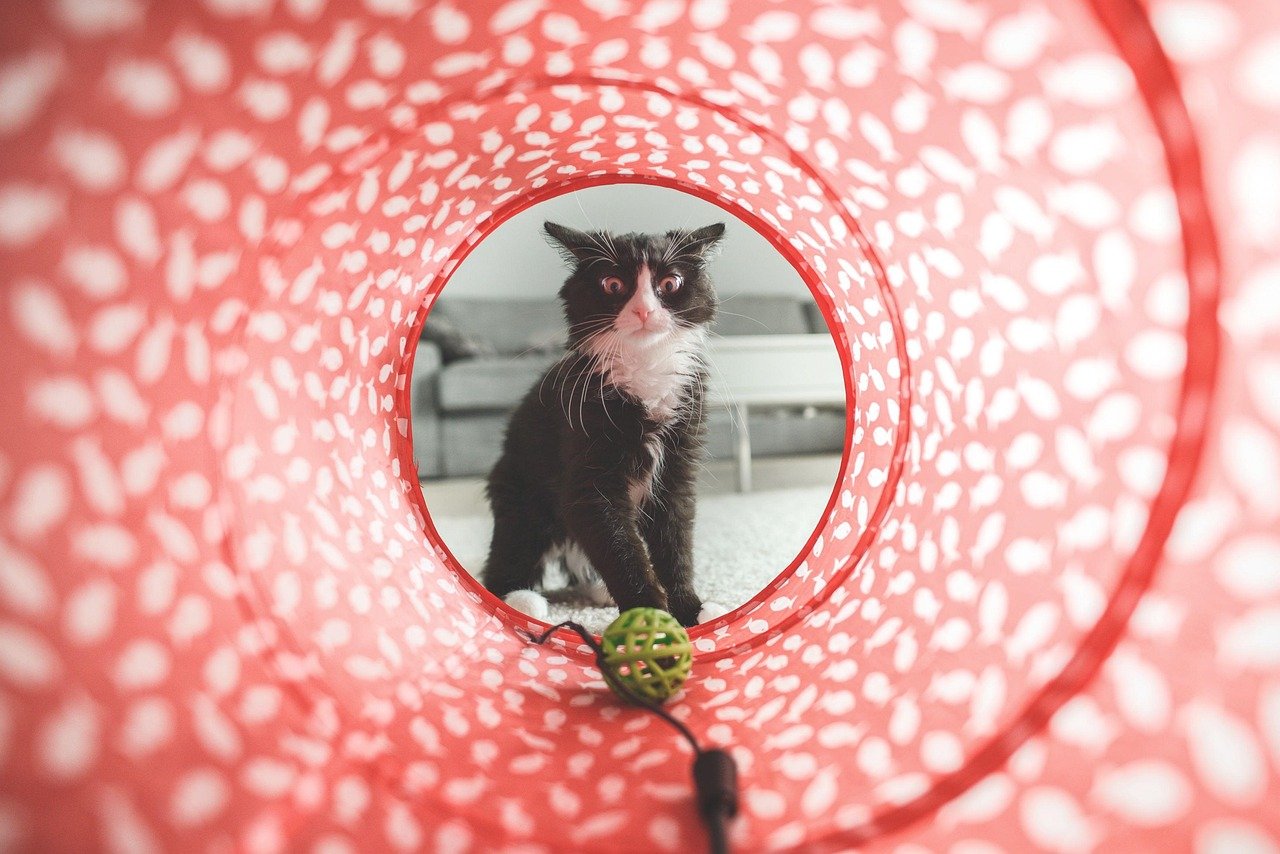
A shy cat’s mind is a treasure trove waiting to be explored. Engaging them with toys, puzzles, and interactive games can help divert their focus from fear to curiosity. It’s akin to giving a child a new book to read, sparking their imagination and encouraging exploration. By stimulating their mind, you’re offering them a safe outlet for their natural instincts.
The Importance of a Quiet Environment
A calm environment is essential for a shy cat’s well-being. Loud noises and sudden movements can be startling, much like a thunderstorm on a peaceful afternoon. Consider using soft music or white noise to drown out disruptive sounds. Creating a serene atmosphere helps your cat feel secure, allowing them to relax and gradually come out of their shell.
Respecting Personal Space
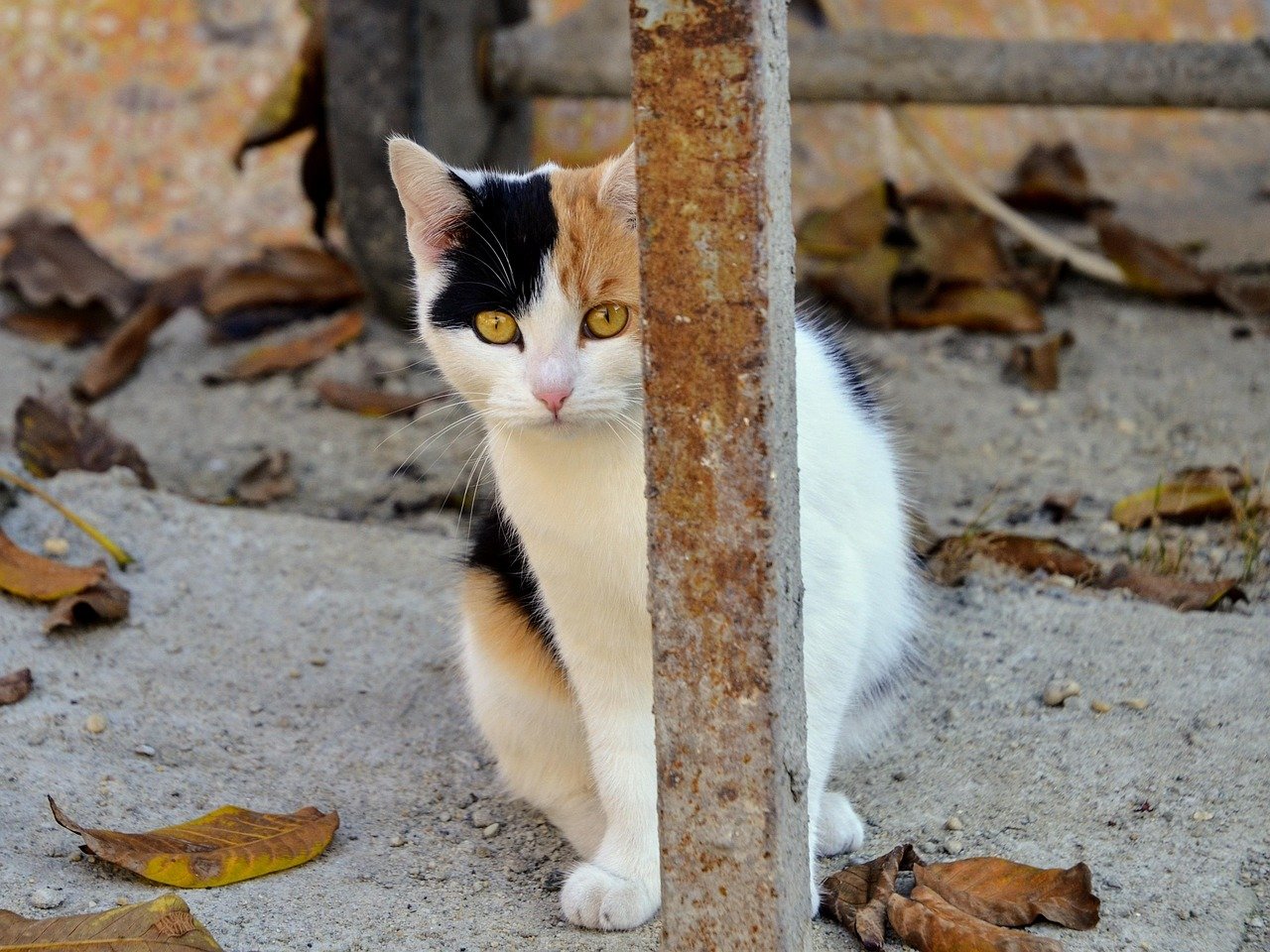
Every cat has its own comfort zone, and respecting this space is crucial. Allow your shy cat to approach you on their terms, much like you would respect a friend’s personal boundaries. Avoid forcing interactions, as this could reinforce their fears. By giving them the freedom to choose when and how to engage, you’re empowering them to feel safe and in control.
Encouraging Socialization with Other Pets
If you have other pets, introducing them to your shy cat should be done with care. Gradual introductions, perhaps through a barrier or during supervised playtime, can ease the transition. Think of it as introducing a new friend to an existing social circle; it takes time and patience. By fostering positive interactions, you’re helping your shy cat expand their social network.
Recognizing Signs of Stress
Being attuned to your cat’s stress signals is vital in maintaining their emotional well-being. Watch for signs like excessive grooming, hiding, or changes in appetite. These behaviors can be likened to a warning light on a car dashboard, signaling that something isn’t right. By addressing these signs promptly, you can prevent further distress and maintain a harmonious environment.
Consulting a Veterinarian
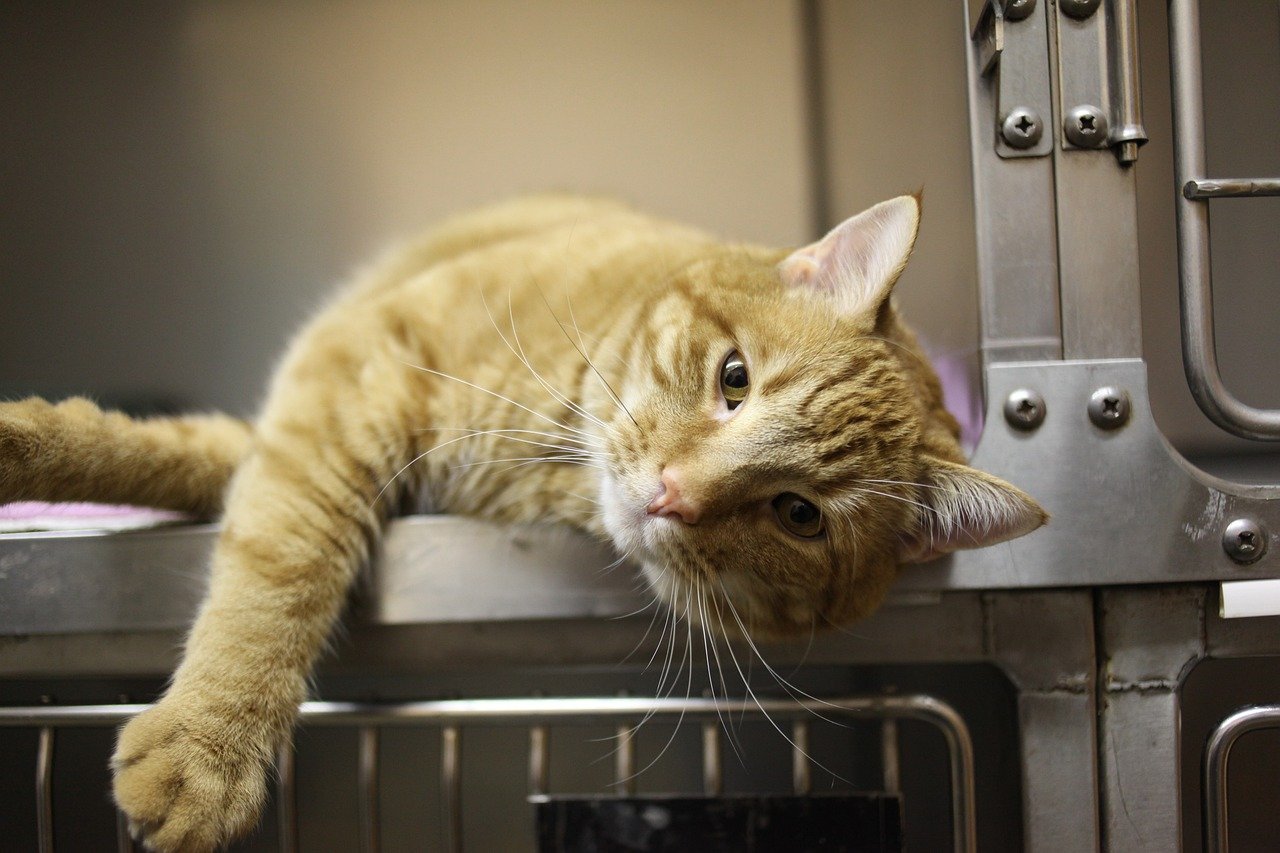
Sometimes, professional guidance is necessary to support your shy cat’s emotional health. A veterinarian can offer insights into behavioral issues and recommend strategies or treatments. Think of them as a counselor for your cat, providing expert advice to navigate challenges. With their support, you can ensure your cat receives the care they need to thrive.
Utilizing Pheromone Products

Pheromone products can be a valuable tool in creating a calming environment for your shy cat. These products mimic the natural pheromones cats produce, promoting a sense of security. It’s like lighting a scented candle to create a relaxing ambiance. By incorporating these products, you’re enhancing your cat’s comfort and helping them feel at ease.
Building a Bond Through Play

Playtime is a wonderful opportunity to strengthen your bond with a shy cat. Interactive toys, like feather wands or laser pointers, can engage their natural instincts and build confidence. Imagine engaging in a game of catch with a child; it’s a shared experience that fosters trust and connection. Through play, you’re nurturing a positive relationship with your feline friend.
The Role of Patience and Persistence
Patience and persistence are the cornerstones of building a safe emotional environment for a shy cat. Progress may be slow, but each small step forward is a victory. It’s akin to nurturing a garden; with time and care, it will flourish. By remaining steadfast and understanding, you’re providing the support your cat needs to blossom.
Celebrating Small Victories

Every milestone, no matter how small, deserves celebration. Whether it’s a shy cat venturing out of their hiding spot or initiating contact, these moments are significant. Think of it as cheering for a child’s first recital; it’s a testament to their growth and bravery. By acknowledging these victories, you’re reinforcing positive behavior and encouraging further progress.
Creating a Routine of Comfort

Establishing a routine of comfort can help your shy cat feel secure and content. Regular feeding times, play sessions, and quiet moments create a predictable environment. It’s like setting a daily schedule for a child, providing structure and stability. Through consistency, your cat will come to associate your presence with safety and reassurance.
Understanding Individual Needs

Every cat is unique, and understanding their individual needs is crucial in creating a safe emotional environment. Some cats may require more space, while others may crave more interaction. It’s similar to recognizing the different learning styles of students; each requires a tailored approach. By catering to your cat’s specific needs, you’re fostering a supportive and nurturing environment.
The Joy of Watching a Shy Cat Flourish
Witnessing a shy cat blossom into a confident companion is a rewarding experience. It’s like watching a butterfly emerge from its cocoon, revealing its beauty to the world. As your cat grows more comfortable and trusting, you’ll share in their joy and newfound confidence. This transformation is a testament to your dedication and love.
The Lasting Impact of a Safe Emotional Environment
Creating a safe emotional environment for a shy cat has a lasting impact on their well-being. It sets the stage for a lifetime of happiness and companionship. Like planting a tree, the roots of trust and security run deep, providing a strong foundation for the future. By nurturing your cat’s emotional health, you’re enriching both their life and yours.
In the end, building a safe emotional environment for a shy cat is a journey of love, patience, and understanding. As you embark on this path, remember that each step forward is a testament to the bond you share. What surprises await as you nurture this unique and rewarding relationship?
Hi, I’m Bola, a passionate writer and creative strategist with a knack for crafting compelling content that educates, inspires, and connects. Over the years, I’ve honed my skills across various writing fields, including content creation, copywriting, online course development, and video scriptwriting.
When I’m not at my desk, you’ll find me exploring new ideas, reading books, or brainstorming creative ways to solve challenges. I believe that words have the power to transform, and I’m here to help you leverage that power for success.
Thanks for stopping by, Keep coming to this website to checkout new articles form me. You’d always love it!






